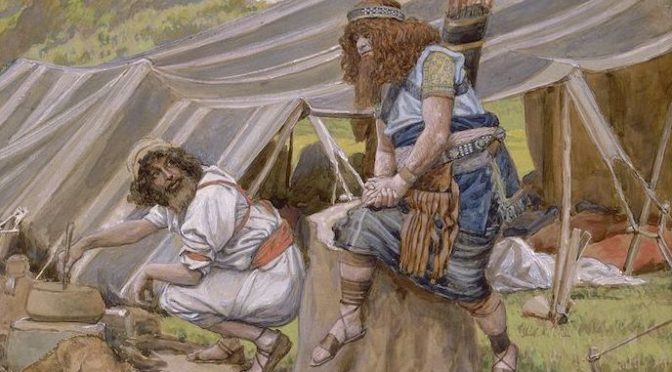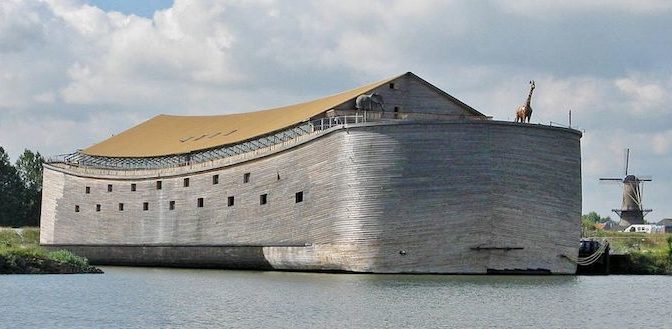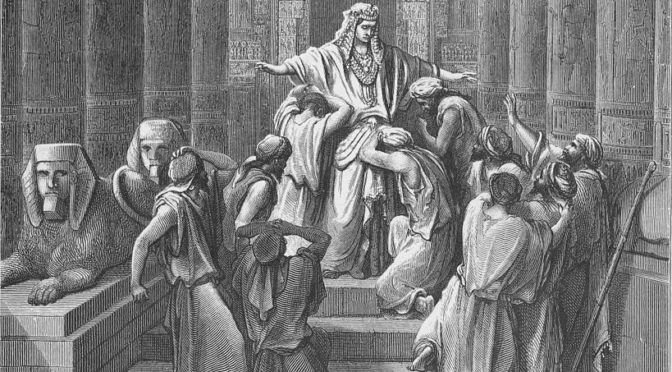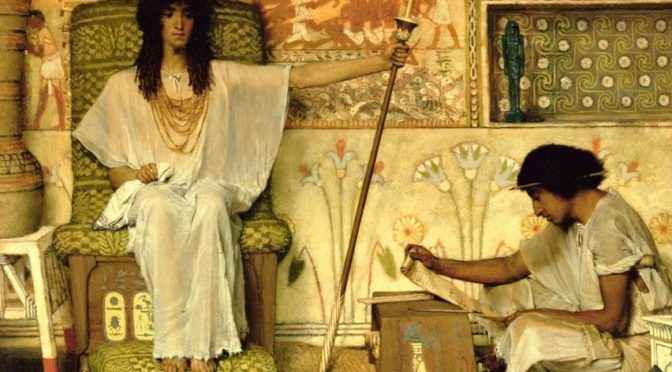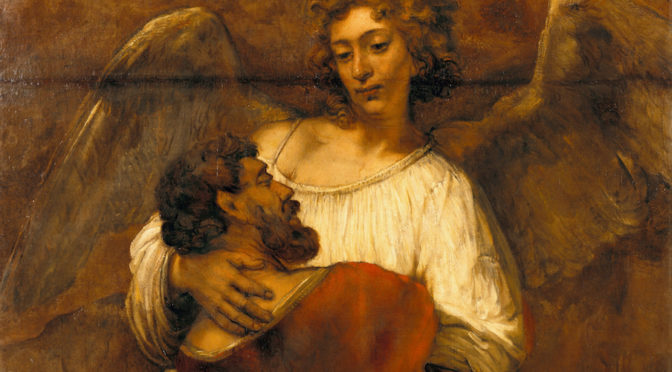One lesson from the life of Esau in Torah reading תּוֹלְדֹת Toldot/Toledot (“generations,” Genesis 25:19–28:9) is who and where we came from doesn’t necessarily define who we are or will become. Another takeaway is to recognize the good around us and become wise to the frequent folly of “following your heart” after what appears to be good. This is why Messiah Yeshua (Christ Jesus) wants us to learn how to be “complete,” not lacking in anything.
